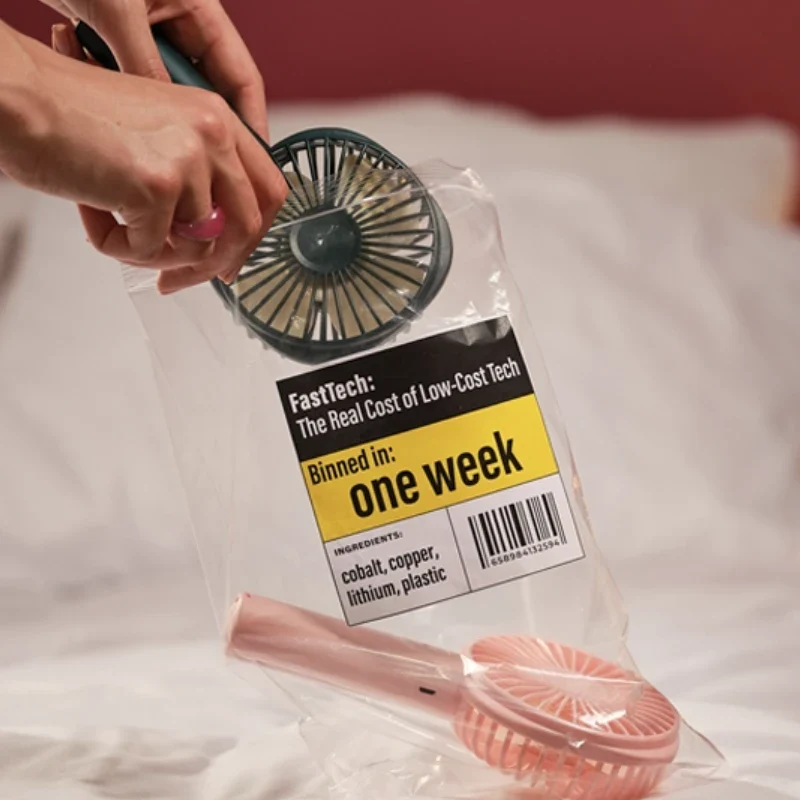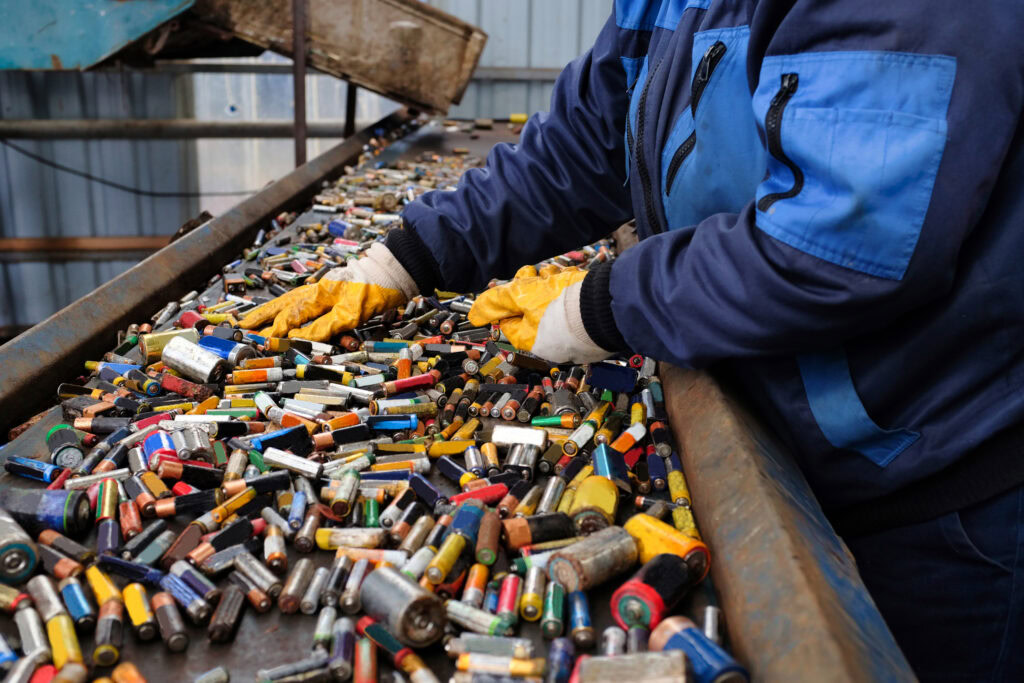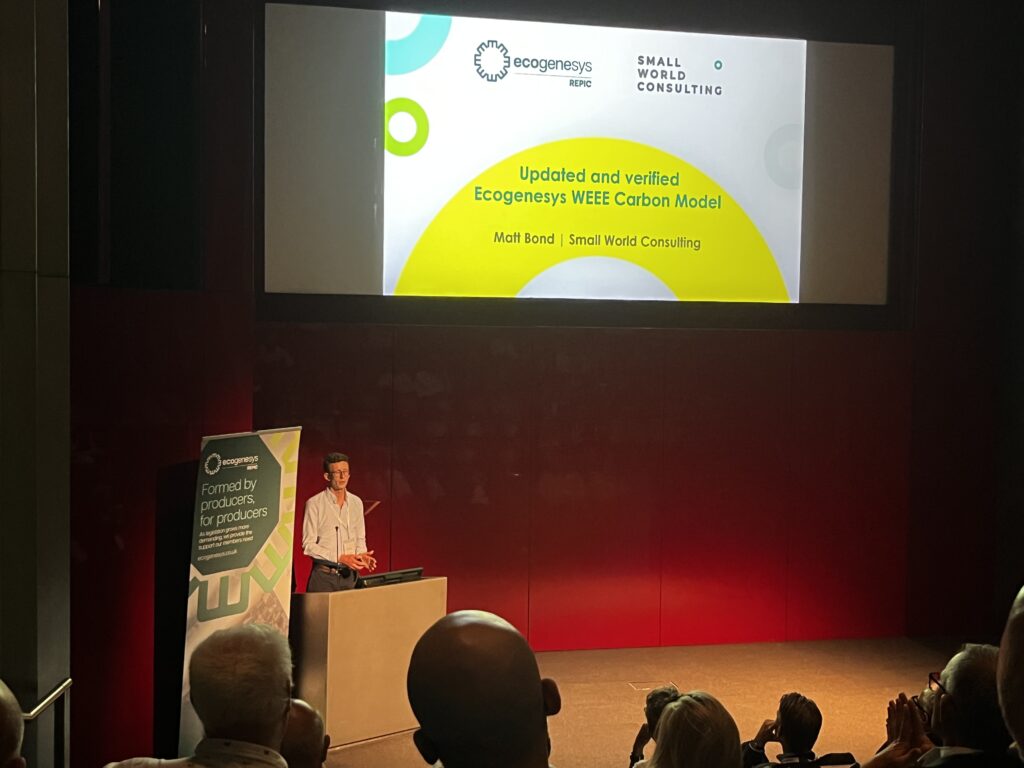Plans for the staged introduction of new tougher, percentage-based WEEE recycling targets as part of the WEEE Directive recast have been rejected by the MEP responsible for steering the legislation through the European Parliament.
In a draft report published this month, German MEP Karl-Heinz Florenz turned down proposals made by European environment ministers through the European Council. The ministers, who include Defra secretary of state Caroline Spelman, favour a staged move from a weight- to percentage-based target to start with a 45% collection target four years after the recast is finalised. This would then increase to 65% after six years.

The draft report, which outlines the Parliaments position for the second reading stage of the recast process, instead backs the immediate introduction of an 85% collection target from 2016. This is the same as was endorsed by the Parliament in February 2011 (see letsrecycle.com story), with the target being calculated as a percentage of total WEEE generated.
In the report, Mr Florenz states: It is necessary to set an ambitious collection target, to oblige all actors that collect WEEE to ensure it is treated in an environmentally sound way, and to require such actors to report the volumes collected, handled and treated.
This would require the UK to increase its collection rate for waste electrical and electronic equipment (WEEE), although exactly how difficult it is to achieve would depend on how the figure for the total amount of WEEE generated is calculated.
At present, significant amounts of waste electronics and business WEEE in particular are collected and treated outside the formal WEEE system. Mr Florenz alludes to this in the report, and stresses the need for EU member states to ensure they get a full picture of the WEEE generated.
But, under his proposals, the European Commission could be given until as late as December 31 2012 to agree the exact methodology which EU member states including the UK should use to calculate how much WEEE has been generated and therefore how much needs to be recycled.
Differences of opinion
The collection target is just one of several areas where Mr Florenz reveals a difference of opinion with the European Councils March 2011 first reading position (see letsrecycle.com story) on the recast and instead reverts to the June 2010 Parliament position.
This raises the potential for protracted negotiations when first the Parliament and then the council consider the WEEE recast at the second reading stage which is the next step for the recast under the European legislative process known as co-decision.
In particular, he disagrees with the Councils support for retaining categories of EEE and WEEE, instead advocating an open scope.
In the report, he states: The ‘open’ scope results in greater legal certainty – a major aim in revising the directive – since all EEE is included as a matter of principle. The strict categorisation of equipment led to widely differing interpretations in the Member States, which should be avoided. New products can also thereby be taken into account, obviating the need for further revision of the directive to include them in the scope.
Among the other key proposals made in Mr Florenzs report are:
– Introducing a separate 5% reuse target for all WEEE, in light of the legally-binding waste hierarchy;
– Moving towards more harmonised Europe-wide registration and reporting requirements for producers;
– Targeting illegal exports of WEEE by emphasising the importance of member states supervising all exports of used EEE;
Collection costs
In his report, Mr Florenz appears to take a step back from explicity requiring producers to fund the collection of WEEE directly from households, something which has been advocated by the Local Government Association (see letsrecycle.com story ) and was endorsed by the Parliament in June 2010 (see letsrecycle.com story).
Mr Florenz states that producers should finance collection from collection facilities, and the treatment, recovery and disposal of WEEE.
However, he stresses the importance of the polluter pays principle, and adds: Each producer should be responsible for financing the management of the waste from his own products. The producer should be able to choose to fulfil this obligation either individually or by joining a collective scheme.
Related links
Mr Florenzs second reading report is scheduled to be discussed and adopted by the European Parliaments environment committee on October 4, before being voted on by a full plenary of the Parliament on January 16 2012.
The European Council will then have its second reading discussions before the two parties attempt to finalise the final recast text.









Subscribe for free